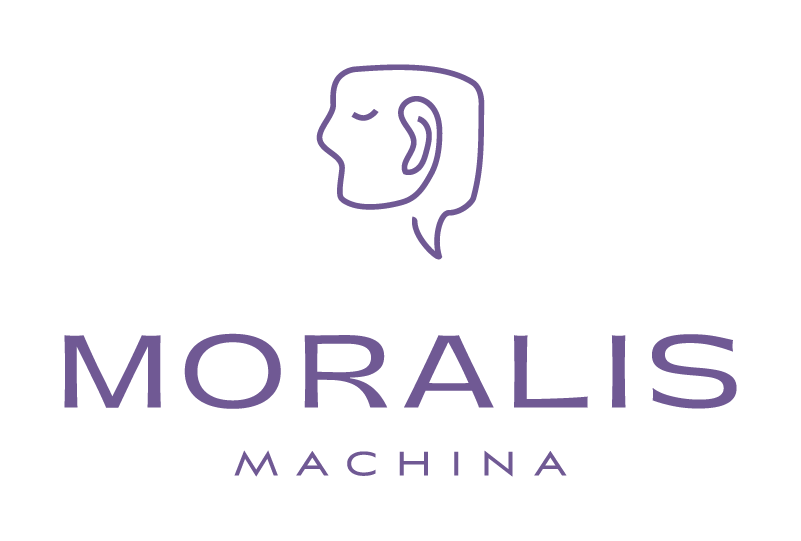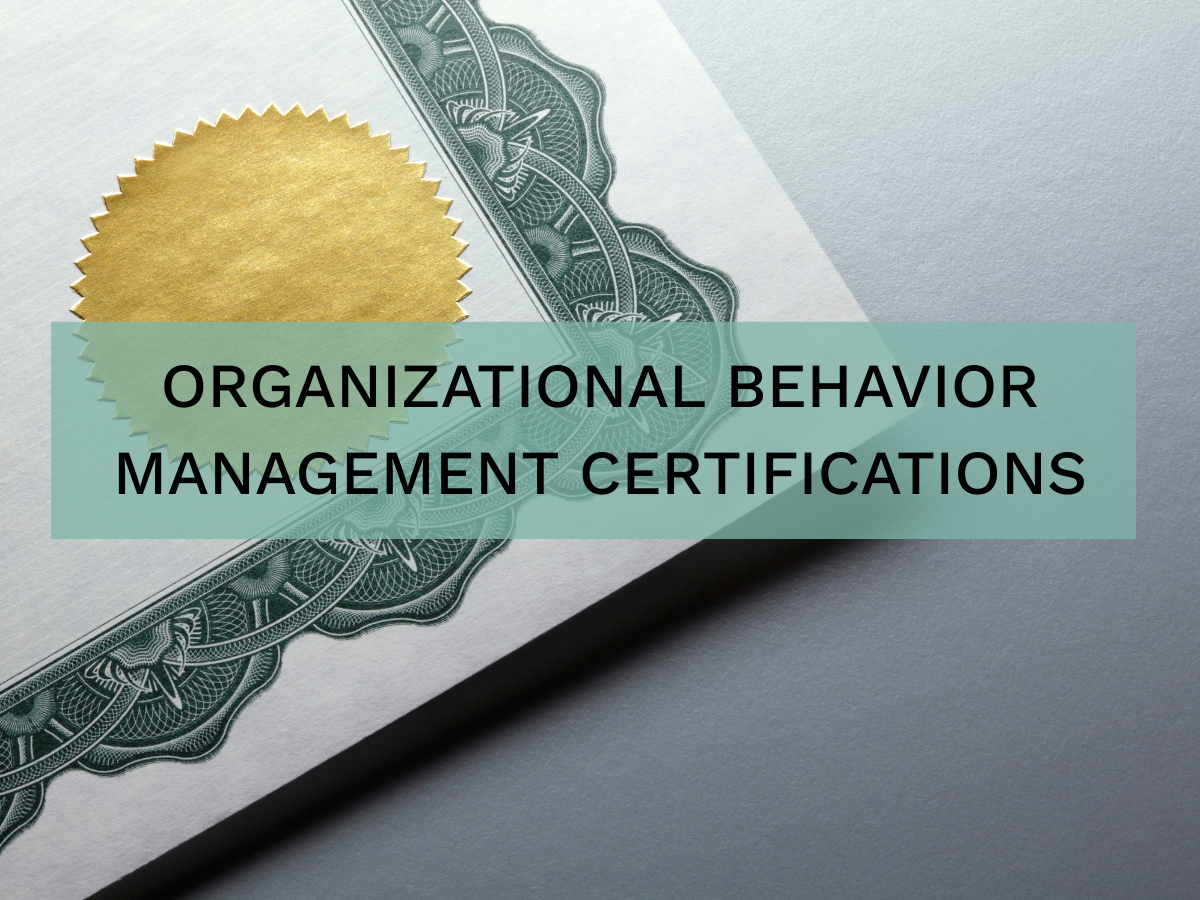Frequently Asked Questions
Do I need an OBM certification to get an OBM job?
No. Most OBM related roles don’t ask for OBM certifications. In fact, most employers haven't heard of OBM, even though they want the skillsets that OBMers bring to the table.
Employers look for practical experience and business knowledge. When you're not working with insurance companies that require specific certifications, the backgrounds and experiences that produce skills are a lot more varied!
Employers look for practical experience and business knowledge. When you're not working with insurance companies that require specific certifications, the backgrounds and experiences that produce skills are a lot more varied!
Is a certificate the same as a professional license?
No. These certificates are not accredited credentials or licenses. They’re proof you took a course. "Certification" can mean a lot of different things. Make sure you look into the claims that providers are making, including accreditation requirements, the accreditation body, and similar to make sure a certification is going to produce the value you're expecting before you commit to it.
Can these certifications help BCBAs apply OBM in clinics?
Yes. If your goal is to improve processes inside your ABA organization, these programs can help. They're great for building basic competency in OBM tools, like administering the Performance Diagnostic Checklist (PDC), developing a killer job aid, and similar.
They'll even help if you want to leave clinical work entirely - but from a skill perspective. They aren't going to position you as a competitive applicant.
They'll even help if you want to leave clinical work entirely - but from a skill perspective. They aren't going to position you as a competitive applicant.
Are there better alternatives to OBM certificates?
Yes. Consider Lean Six Sigma, project management training, or real-world experience applying OBM principles. These paths tend to be more respected in business and healthcare.
How much do OBM certifications cost?
Most cost between $500–$1000. Some offer CEUs for BCBAs. Consider for yourself if the career value matches the price tag.
What is Moralis Machina?
Moralis Machina is a company that helps behavior analysts apply Organizational Behavior Management in meaningful ways. We offer:
Final Thoughts


